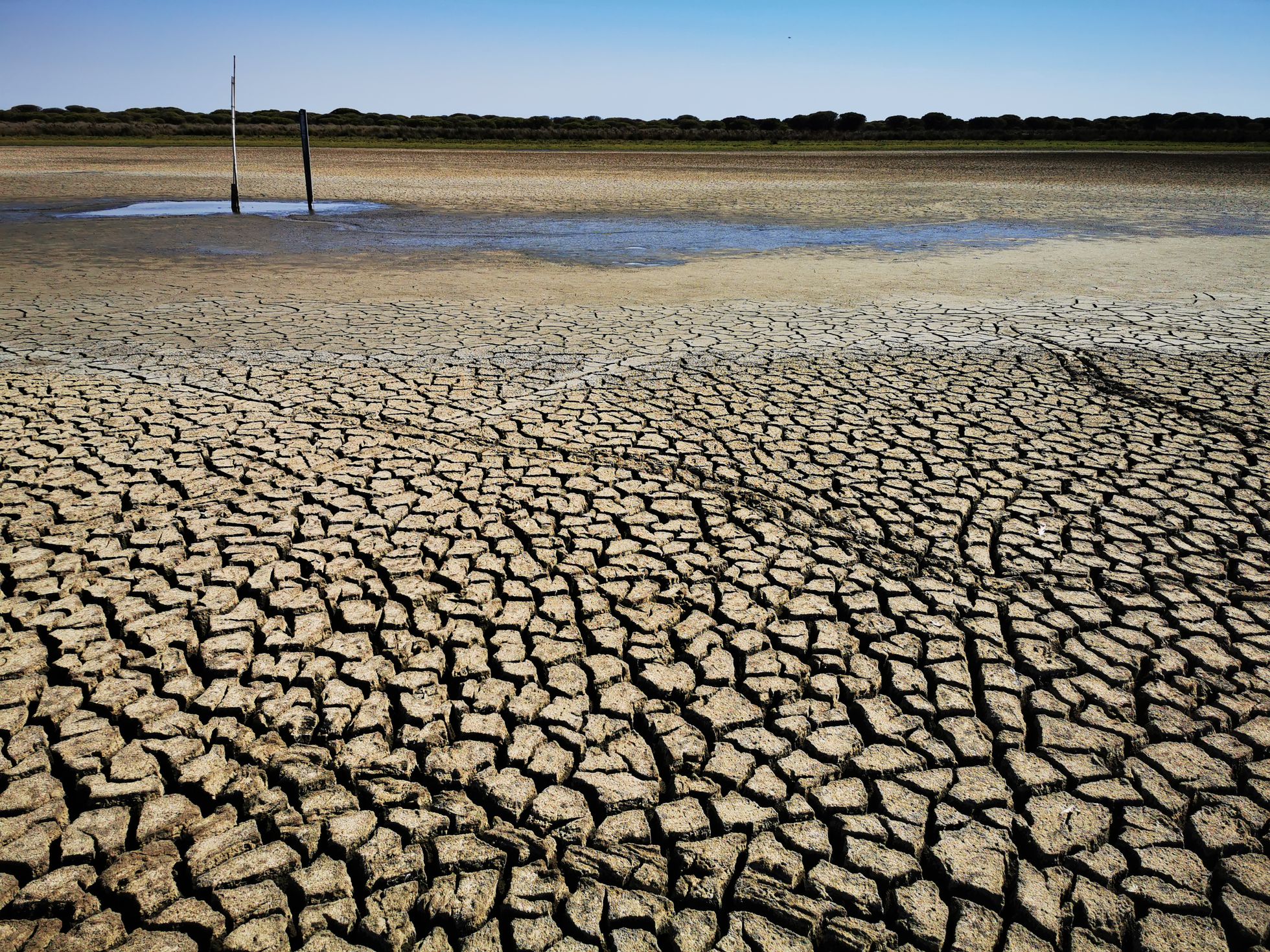
Drying world
The last wetland to survive the tremendous drought that is ravaging Doñana National Park in southern Spain has disappeared this week. The protected area, one of the country’s most important natural reserves, declared a World Heritage Site by UNESCO, no longer has its own natural fresh water.
Highlights
-
Two years ago, the government declared the body of water “overexploited” and urged action to restore the water table of yesteryear.
-
"We humans will be next. Climate change makes less water available to us. We have to adapt now, not wait for calamities to arrive, to avoid traumatic effects on agriculture and industry."
AI generated version
The disappearance of the last wetland in Doñana National Park, one of Spain's most significant natural reserves, is a stark reminder of the devastating effects of climate change. The protected area, declared a World Heritage Site by UNESCO, has lost its only natural freshwater source due to a severe drought that has ravaged the region.
The Spanish government had declared the body of water "overexploited" two years ago and called for action to restore the water table to its previous level. However, no significant action has been taken, and the park's last wetland has now disappeared.The loss of the wetland is a warning sign of the dangers of climate change and the urgent need to take action to adapt. As one expert notes, "We humans will be next. Climate change makes less water available to us. We have to adapt now, not wait for calamities to arrive, to avoid traumatic effects on agriculture and industry."The disappearance of the wetland is a tragic loss for Doñana National Park and a reminder of the urgent need to take action to combat climate change. It is time for governments, individuals, and businesses to prioritize sustainability and work together to mitigate the effects of climate change before it is too late.